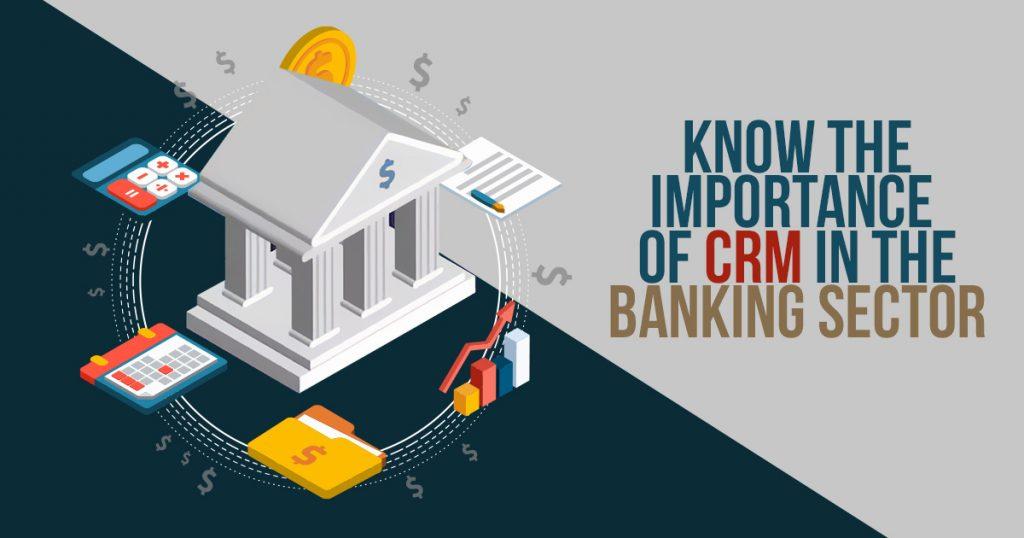The competitive financial landscape made it more evident that utilizing CRM in banking is essential. As customers demand faster, more personalized services, banks are turning to Customer Relationship Management (CRM) systems to help them understand and meet those expectations. A well-designed CRM in banking and financial services allows institutions to build strong customer relationships, streamline operations, and drive growth, while delivering a seamless customer experience.
Using CRM in Banking
For banks, a CRM system isn’t just about storing customer data—it’s a powerful tool for creating and nurturing customer relationships. It helps banks not only understand individual customer needs but also offer targeted financial solutions. Through CRM, banks can respond proactively, increase customer satisfaction, and boost loyalty. In the financial sector, CRM systems also empower banks to handle complex processes like compliance, reporting, and risk assessment with greater accuracy.
What Features to Consider When Choosing a CRM System for Banking
When selecting a CRM system, it’s essential for banks to choose one that aligns with their needs and objectives. Here are some crucial features:
Personalized Experience for Customers
Personalization is at the heart of any effective CRM. With a robust CRM system, banks can analyze customer data to create tailored interactions, recommend specific financial products, and even reach out proactively based on clients’ needs. This feature helps build stronger customer loyalty and trust.
Automation
Automation in CRM helps streamline repetitive tasks, from data entry to follow-up reminders, which frees up time for banking staff to focus on more complex customer interactions. In addition, automation helps ensure consistency in customer engagement, which is vital for maintaining a high standard of service across various branches and teams.
Insights and Reports
A CRM that offers in-depth reporting tools is crucial for banking. Banks can generate reports that highlight trends in customer behavior, identify potential leads, and evaluate the success of marketing campaigns. Insights like these enable banks to make informed decisions that support business growth and adapt to changing customer expectations.
Benefits of CRM in the Banking Sector
With the right CRM system, banks gain access to a range of benefits that support business objectives, increase customer satisfaction, and improve overall performance. Below are some of the key advantages:
Generate Leads
CRM systems help banks generate leads by identifying potential customers based on their behavior and past interactions. Banks can predict which customers are likely to be interested in certain products when they analyze data. Therefore, there are more chances of converting them into high-potential leads. This proactive approach can be particularly effective for personal loans, credit cards, and other financial products.
Grow and Optimize Sales
CRM tools empower banks to better understand their customers’ needs, making it easier to match them with relevant financial services. Through CRM insights, banks can increase cross-selling and upselling opportunities, offering products that align with each client’s profile. This not only drives revenue but also enhances customer satisfaction, as clients receive relevant financial solutions.
Refine Sales Pipeline
A well-implemented CRM helps banks keep a clear view of their sales pipeline. From initial contact to conversion, CRM tools allow bank employees to track where each lead is in the process. Identifying the most effective sales strategies enable banks to refine their pipeline, ensuring that efforts are focused on the most promising opportunities. This feature enables more efficient resource allocation and better conversion rates.
Manage Customer Relationships
With CRM, banks can manage relationships with current customers more effectively. Since CRM offers a comprehensive view of customer interactions, bank staff can provide better services, promptly respond to issues, and personalize engagement strategies. This relationship-focused approach is critical in banking, where customer trust and loyalty are key to long-term success.
Support Sales and Marketing Tools
A CRM system also integrates with marketing tools, helping banks run targeted campaigns based on customer data. Banks can assess which of their marketing campaigns will be more effective after tracking its performance. These insights enable marketing teams to adjust their strategies and improve return on investment (ROI) on future campaigns.
Should You Use CRM Software?
For banks that aim to stay competitive and deliver a modern, efficient customer experience, CRM software is becoming essential. It goes beyond just organizing client data—it provides a comprehensive framework that supports every interaction and decision, from individual client consultations to broad market strategies. Start investing in CRM so that banks can better understand their clients, streamline operations, and ultimately foster long-lasting relationships that drive success in the banking sector.
Embracing CRM in Banking for Future Success
Implementing CRM in banking and financial services is no longer optional; it’s a powerful tool that drives customer loyalty, operational efficiency, and profitability. As the industry continues to evolve, banks that leverage CRM software will be well-positioned to meet the challenges and expectations of today’s digital-first customers.
Choosing a CRM solution that offers personalized customer experiences, automation, and data-driven insights mean banks can not only enhance their relationships with clients but also secure a competitive edge in a dynamic market.
